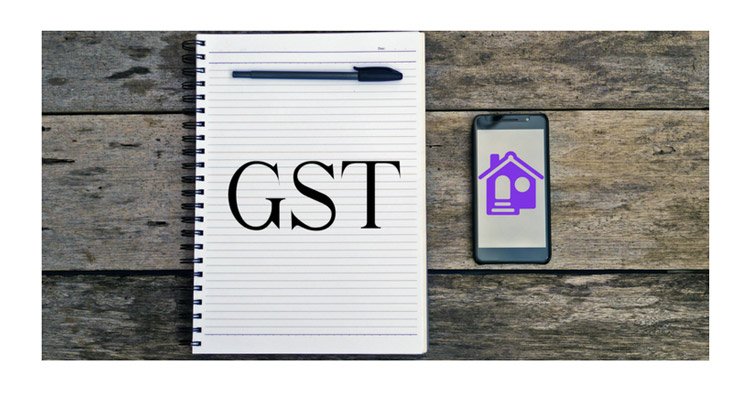
With the Goods and Services Tax intended to be a comprehensive tax that replaces multiple taxes, it is likely to affect property seekers at multiple levels. We examine the impact that the GST will have, on owning and renting of properties
While there is a lot of buzz over the Goods and Services Tax (GST) in the market, most people remain unsure about how it will impact various businesses. In the real estate sector, people are expecting some relief in terms of property prices, as they believe that developers will pass on the benefit of the cut in the input costs, to the home buyers. Moreover, the number of existing taxes is expected to reduce and this will only augur well for the industry.
“Home buyers are charged state VAT and service tax by developers, when they book residential units before completion of the project. These taxes are mentioned in the agreements and are visible to the customers. Further, non-creditable taxes like CVD, SAD, excise duty, CST and entry tax, are also included in the base price of the units. However, these taxes are not visible to the customers. Under the GST regime, all the above-mentioned taxes, the visible ones and the invisible ones, will get subsumed under the GST. Hence, home buyers will have to pay/bear only one tax,” explains Prashanth Bhat, partner, indirect tax, BMR & Associates LLP.
Nevertheless, stamp duty will continue to be applicable, irrespective of whether the property is under-construction or constructed, in the pre-GST and post-GST regime.
Impact of GST on rentals
“Credit/set-off of input GST is available to a developer, if the sale is executed prior to obtaining the completion certificate or prior to first occupancy. However, this credit is not allowed if the developer chooses to rent out the property. Hence, we might see a spike in commercial rentals,” explains Amit Sarkar, partner and head – indirect taxes, BDO India.
GST has also been levied on the renting of residential property, for use as an accommodation. Consequently, tenants may witness a hike in rent payment under the GST system, as there is no service tax applicable on residential properties, in the existing system.
How GST will affect the taxes levied on properties
Residential construction services, will invite GST at the rate of 12 per cent, which will apply to developers selling residential units before completion of construction to the home buyers. When one computes the effective tax costs today built into the prices (both visible and invisible taxes), the overall tax impact could be lower than what it is today. Hence, if the developers pass on the credits completely and bring down the base prices, then, home buyers may marginally benefit under the GST regime.
GST’s impact on home loans
Citing the impact on home loans, experts point out that GST is applicable on financial services, at 18 per cent. Hence, loan processing charges are likely to increase in the GST regime. Similar to the current regime, such GST charged always remains a cost in the hands of the buyer.
Applicability of GST on affordable housing
It is important to note that if GST exemption is extended to affordable housing projects (affordable housing is currently exempted from service tax and a clarification is expected from the government for exemption from GST), then, affordable homes may become cheaper under the GST regime.
Source: Housing.com
GST and its impact on buying and renting of properties






